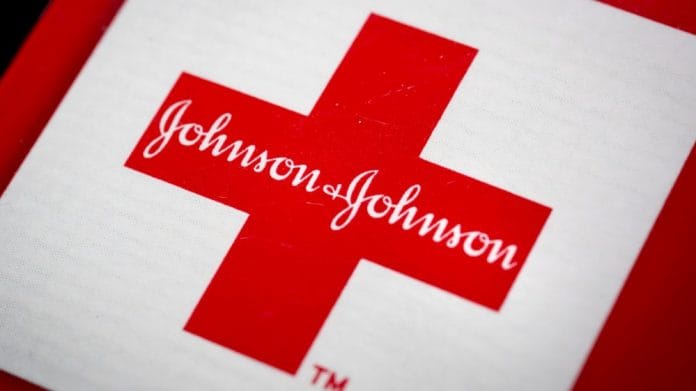Compensation for the faulty J&J hip implants will be the first ever highest paid relief to disabled patients in India, says Drug Controller General of India.
New Delhi: The Union government Thursday approved a compensation formula for patients who had received faulty hip implants manufactured by US pharmaceutical giant Johnson & Johnson (J&J), in the range of Rs 30 lakh to Rs 1.20 crore.
The patients will receive the compensation under the formula approved by the Ministry of Health and Family Welfare depending on their age and level of disability the devices have introduced.
“This is the first ever highest paid compensation to disabled patients in India,” S. Eswara Reddy, Drug Controller General of India, the apex health regulator, told ThePrint.
Johnson & Johnson had sold in India, through a subsidiary, the faulty Articular Surface Replacement (ASR) hip implants that it recalled globally in 2010. Around 4,700 surgeries in India had been conducted using the faulty systems between 2004, when it began to import the device, and 2010.
If Johnson & Johnson does pay aid, it will be the first instance of compensation being paid for substandard medical devices in India.
Till date, India has only seen compensation paid by pharma firms for disability and deaths caused due to clinical trials, in the range of Rs 1.8 lakh to Rs 66 lakh. In case of death, the maximum compensation paid has been up to Rs 74 lakh.
ThePrint reached Johnson & Johnson for comment but there was no response until the time of publishing this report.
ThePrint had earlier reported that the central expert committee, constituted by the Health Ministry to decide on the compensation, arrived at a formula based on the Clinical Trials Rules, 2018.
Also read: Hip implants dent brand Johnson & Johnson, patients begin questioning other devices
The formula
While under the rules the base amount in case of death or injury is Rs 8 lakh, for Johnson & Johnson, the government has pushed it up to Rs 20 lakh.
The compensation formula released by the ministry considers three variables — base amount, the age of the patient and severity of the disability at the time of enrollment.
It also includes an additional Rs 10 lakh for ‘non-pecuniary’ damages — ones that cannot be readily quantified or valued in money.
“We are trying to understand the formula and would get back as soon as we clear our doubts,” said Vijay Vojhala, a Mumbai-based victim who represents several other patients.
Under the present legal provisions in India, Johnson & Johnson cannot be compelled to compensate patients.
However, Reddy had earlier told ThePrint that the company has “put in writing” that it will pay compensation as decided by the expert committee examining the issue.
“The company will not have a choice of rejecting the decided compensation and we have it in writing. The minimum amount of compensation is Rs 20 lakh,” Reddy said earlier.
In response, the company’s spokesperson had told ThePrint that it “will respect the (expert) committee’s decision” on the quantum of compensation.






